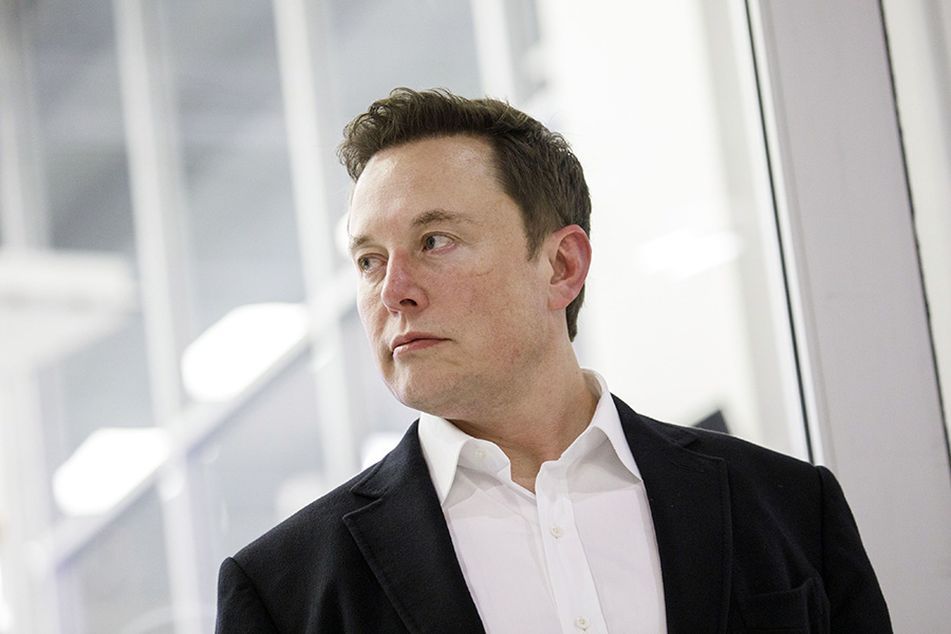Advisers are thrilled about Elon Musk’s bid to buy Twitter
 Elon Musk
Elon Musk
The advice industry's usual fears and concerns around tech M&A have been replaced with unbridled enthusiasm.
Twitter isn’t a fintech company, but the social media network has been the week’s biggest story in both finance and technology.
Elon Musk announced on Monday that he was nearing a deal to acquire Twitter for $44 billion and take it private. Naturally, everyone with a Twitter account immediately loaded up the bird app to express their opinions, including financial advisers who use Twitter as an important component of their digital marketing and client outreach strategy.
While a few held concerns about the SpaceX and Tesla CEO taking on yet another company, most advisers on my feed were ecstatic.
“There is a major network effect going on here. [Musk] has so many followers already and is a massive force on Twitter,” said Robert Sofia, founder and CEO of adviser digital marketing company Snappy Kraken. “I would say that if Elon Musk told the world he was going to put microchips in everyone’s brains, half the world would applaud him.”
Setting aside the partisan politics aspect of the deal, what’s interesting is how different advisers’ reactions are compared to occasions when other technology they use gets acquired. Where was this enthusiasm when it was reported that fintech giant Envestnet is exploring a sale to a private equity firm to go private? Or when Redtail, a popular client relationship management software among independent advisers, sold to Orion Advisor Solutions, a growing technology and turnkey asset management provider?
Obviously, CRMs and TAMPs aren’t going to inspire the same kind of hand-wringing about free speech as a social media service like Twitter, but advisers often greet tech M&A with a mix of concern, fear and even outright anger.
For example, when Fidelity Investments bought eMoney Advisor in 2015, they worried the custodian would cut off access to the popular financial planning software. When Envestnet purchased MoneyGuide, a competing financial planning software, in 2019, there was grumbling about the larger company stifling the startup’s ability to innovate.
As Charles Schwab continues to work through its integration of TD Ameritrade, which it acquired in 2019 for $26 billion (staggering to realize that a brokerage with $1.3 trillion in assets commanded roughly half the price tag of a social media company), it continues to face concerns about how it will support the smaller advisers on TD’s platform or whether the integration will create a “re-papering nightmare.”
So why is the reaction to Twitter so different?
One reason advisers have such strong reactions to M&A is the data they share with fintech providers, Sofia said. If that software gets taken over by some large financial institution, it could grant access to independent advisers’ client lists.
Another reason is simply inertia. Advisers like the way a certain software works within their practice and don’t want it to change, especially if it’s something critical like trading, portfolio management or financial planning. There’s also a history of firms buying a fintech only to close it down, such as Principal Financial Group and RobustWealth.
For as much as certain advisers use Twitter to promote their firm or personal brand, Musk isn’t going to change Twitter enough for it to impact most firms’ marketing strategies, Sofia said.
“Twitter is not the type of thing that people are relying on to be a core component of their business,” he said. “The stakes are a lot lower.”
It helps that Twitter is free, whereas the suite of fintech products advisers use is directly tied to their bottom line. New ownership can mean pricing changes or changing customer support, while Musk taking over Twitter isn’t going to touch an adviser’s pocketbook.
At the end of the day, Musk’s bid isn’t the typical technology acquisition by some nameless private equity fund. He’s the world’s richest man buying a social media platform that has banned a former president of the United States. Without any of the traditional concerns associated with tech M&A, advisers are driven by excitement over Musk’s personality.
“There are vocal proponents because [Musk] is so pro-free speech,” Sofia said. “The way he thinks, the way he writes — he definitely has a cult following, and all of those things are contributing to the support of this.”
[Read More: Orion buys CRM provider Redtail]
Learn more about reprints and licensing for this article.








